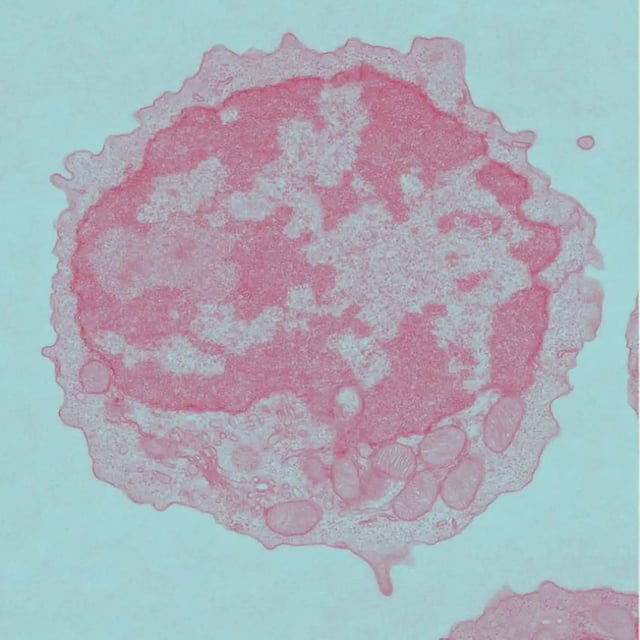Overview
- A study published in *Nature Cancer* reveals that aging impairs the metabolism of CAR-T cells, reducing their effectiveness in cancer treatment.
- The decline of nicotinamide adenine dinucleotide (NAD), a key molecule for mitochondrial energy production, was identified as the primary cause of this impairment.
- Researchers demonstrated that NAD-boosting compounds restored mitochondrial function and stemness in aged CAR-T cells, rejuvenating their cancer-fighting abilities in preclinical mouse models.
- The findings emphasize the need for age-conscious strategies in immunotherapy development, as most cancer patients are older adults with compromised immune systems.
- This research highlights the translational potential of NAD-boosting compounds, which are already under clinical investigation for other conditions, offering hope for improved treatments for elderly cancer patients.
